An often overlooked and unheard of alternative to usual protein sources like whey or soy is pea protein. Believe it or not, peas contain protein, and are utilized by many vegans and vegetarians as a protein source. Pea protein is derived from yellow peas, a bit different from the sweet peas you find in the grocery store. Pea proteins are not as saturated with BCAAs and other amino acids as whey or soy protein, but it is still a great source.
One of the major drawbacks of vegan pea protein powder, however, is that good ones are tough to find! Although once you do find a good one, they’re extremely versatile. We’ve taken the time to examine all of the current pea protein powders on the market and we’ve ranked them according to protein quality, ingredient list, taste, price, and more. If you’re looking for the best pea protein powder, the five products below were our highest rated among all the options on the market. Start with our comparison table and then continue to read our notes on each choice.
Top Pick: Pea Protein by NOW Sports
NOW has shown up on many of our buyers’ guides, as instead of producing the most popular supplements and competing with the industry elites and highly marketed brands, they focus on cornering the niche market, which they very well have. Lesser known supplements, such as ZMA, various proteins, BCAAs and pea protein have gotten NOW a loyal following in health and fitness communities. By offering these niche supplements in high-quality varieties, they have earned a committed customer base and earned their place as a trusted brand.
The NOW Pea Protein is truly a NOW product, in that it is the best of the best, hence its top spot on our list. This supplement contains 24g of protein per scoop, which is on par with just about any whey supplement on the market. It also contains a beautiful absence of pretty much everything else. 2g of fat and 1g of carbohydrates round out the bill, making this an incredibly clean complete protein, so you can still utilize it to its fullest potential if you’re not looking to bulk up.
Like most pea proteins, this protein is unflavored, which has earned it some pretty rough reviews from the uninitiated lifters looking to mix it with water and knock it back like whey. However, for every review complaining about the taste, there are 2 or 3 hyping up the results they’ve gotten from cooking and baking with this protein. As we’ve talked about in this guide, successful integration of protein powder into your diet is a huge determinant of the results you see out of use of the supplement in conjunction with your time at the gym.
This protein, in addition to being clean and doing its job of providing solid protein wonderfully, is relatively inexpensive. Under $20 for almost 30 servings is pretty darn good with any protein supplement worth its salt. All of these factors combined make the Pea Protein by NOW a solid choice for anyone with special dietary considerations to make while still looking to pack on some lean mass. Check out other reviews of it here.
Runner Up: Naked Pea by Naked Nutrition
From the label to the ingredient lists of their supplements, NAKED Nutrition is about as back-to-basics as a supplement company can get. While this brand (along with many other vegan pea protein manufacturers) lack exposure in the major online supplement marketplaces, they do find their niche within the health/wellness industry and online marketplaces. While it seems the majority of meatheads haven’t wrapped their head around pea protein yet, you’ll still be able to find a decent selection on the web.
NAKED PEA by NAKED Nutrition contains 27g of pea protein isolate, 2g of carbohydrates and less than 1g of fat. Like our top pick, this is an extremely clean protein, with barely any nutritional content that isn’t complete protein. With all of its similarities to our top pick, why is it in 2nd place? Well, according to consumers, the taste is considerably worse. Given that the nutritional profile is identical, save for 2g of fat in our top pick instead of the 1g in NAKED PEA, it must be down to sourcing and treatment of the ingredients.
This supplement also has a significantly higher price tag than our top pick, contributing to its silver medal. However, if you can find it on sale and want those few extra grams of complete protein and plan on using it in some strongly flavored solids and liquids, NAKED PEA could be a great option for you.
#3: Pea Protein by Olympian Labs
Olympian Labs isn’t likely a supplement company you’re too familiar with, as they’re relatively small and tidy, in contrast to the uber-branded and marketed giants like Optimum Nutrition or BSN. Their Pea Protein Powder that they have introduced to the market has gotten pretty good reviews and has been featured on several top 10 lists for vegetarian/vegan proteins, non-dairy proteins, etc.
One of the most interesting things about this vegan pea protein powder is that it is flavored – it comes in chocolate and vanilla. These flavors were loved by consumers when they had their old formula, but Olympian Labs has switched up the formula and the new flavors are apparently not as good as the old.
In spite of the flavor, Pea Protein by Olympian Labs still has a pretty loyal fanbase, and this isn’t unwarranted. Containing 25g of complete protein, 3g fat and 2g of carbohydrates, this protein is almost as clean as its 2 predecessors. That cleanliness, unfortunately, doesn’t completely translate to the ingredient list, as this protein contains artificial vanilla flavor along with 2 artificial sweeteners.
Chicory root fiber is also on the ingredient list, which is a common ingredient added to cereal and oatmeal to raise the fiber content, but it can spark a slight allergic reaction in those with ragweed or chrysanthemum allergies. In spite of its downfalls, this is a solid protein that is very cost-effective.
#4: Pulsin’ Pea Protein Isolate by Pulsin’
Pulsin’ is not strictly per se a supplement company, but their Pea Protein Isolate has been gaining ground in fitness communities. When they say “pea protein”, they aren’t kidding. This supplement is a bag of vegan pea protein isolate and nothing but, just like our top 2. This supplement has a very high protein concentration, as a 10g serving contains 8.2g of complete protein and less than 1g of both carbohydrates and fats, putting it on par with the protein content and slightly cleaner than our previous 3 pea protein powder picks.
There are a few reasons why this pea protein powder is in first place. The first reason is that this supplement is guilty of one of the worst crimes a supplement can commit – an ambiguous label. On the ingredients list, the only thing stated is “pea protein isolate”, which tells us nothing about the pea variety or the treatment, like our other pea protein supplements do. This is a huge no-no, as you want your consumers (and the FDA) to know as much about your product as possible so they can make informed decisions (and not sue you for negligently printing a misleading label). Also, the product is not non-GMO or certified Kosher like some of the others in our list, which is another ding for those who have those specific dietary obligations to eat around.
#5: Source Naturals Pea Protein Powder
Comparable in protein content to the rest of the proteins on the list, Source Naturals’ Pea Protein Power is a well-liked supplement popular in the online health/wellness community.
13g of complete protein per 18g serving is decent, but it isn’t higher on our list because it’s not an isolate – it’s a concentrate. All protein sources have concentrates and isolates available, but the difference is that isolates are more filtered and cleaner than concentrates, which make them an inferior product. Combine this with the fact that this protein has no ingredient list, and what you end up with is a decent product that is slightly ambiguous and of a pretty mediocre quality, in contrast to the high quality vegan pea proteins we have higher up on the list.
Pea Protein vs. Whey Protein
Whey, the most common and widely known protein supplement, is pretty much the standard every other protein supplement is compared to in terms of quality, taste and other factors. As is tradition, let’s see how pea protein stacks up against whey:
Protein Quality
Since whey protein has all of the essential amino acids, it is considered a “complete” protein. Whey is one of the only complete proteins on the market, and it is part of the reason why it is so popular among bodybuilders and fitness enthusiasts alike. When you can get all of the protein you need from a single source, that makes that source a very powerful tool to utilize in getting your macros in, especially in supplement form.
Pea protein is an “incomplete” protein, meaning it doesn’t contain all of the essential amino acids. This fact alone can be a determinant in whether most purchase this protein or not.
Taste
This is a tricky category to rank, specifically because most whey protein powders are flavored, and most pea proteins are unflavored. Whey protein mixed with just water or milk, if it is of a high quality, will usually taste great; but, pea protein powder mixed with something that tastes great will taste great because it won’t change the flavor profile of whichever foods you eat. On its own, pea protein powder isn’t awful, but it certainly isn’t a taste one could call “good”.
There are flavored varieties of pea protein powder on the market, and they are getting more common; but, for now, the majority need to be mixed with something flavorful if you’re going to drink it straight.
Versatility
This category goes to pea protein, hands down. You can bake with it (in sweet and savory dishes), use it to thicken sauces, sprinkle it in basically anything and use it to boost the protein content of any meal. Whey protein is often flavored, so baking is a maybe, but it’s doubtful you’d do any cooking with whey protein (you could, but it would taste pretty weird).
In another feat of versatility, pea protein powder subverts pretty much any food allergy. No dairy, no soy, no nuts, no meat – pea protein powder is a great way for those with food allergies to get the appropriate amount of protein into their diet. Whey isolate does have very low lactose content, but for vegans and vegetarians, it would simply be off the menu.
Alternatives To Pea Protein For Dietary Restrictions
Pea protein powder is one of the only proteins that can be ingested by pretty much anyone with no allergy risk. With that said, the fact of the matter is that pea protein has a lower concentration of aminos than most other sources of protein, making it a great alternative if there are a lot of dietary restrictions in the works, or if you want to try something new, but it’s not the highest quality protein you’ll be able to find. Here are some options for singular dietary restrictions that are a little higher in amino acid saturation, and thus are higher quality proteins:
Whey Isolate
“Wait, doesn’t whey come from milk!?”, you might be thinking. Well, gold star for you – yes, it does. However – and this is a big however – whey isolate is so filtered and clean that it contains VERY little lactose, some even enough to call themselves lactose-free (though there will be trace amounts). Unless you have a moral opposition to milk products or lactose intolerance so extreme that you wouldn’t want to risk the tiny amount contained in isolates, whey isolate will be just fine on your stomach. Whey is the highest quality protein in terms of taste, mixability and amino acid saturation. Whey is also free of soy if you have an allergy.
Soy Protein
Soy protein, derived from soybeans, contains no lactose or animal-based products. Soy protein is also relatively high quality, with a high concentration of amino acids, when compared to all of the other sources. There are also several soy protein powders on the market, so there’s a nice variety to choose from.
Beef Protein
Beef protein, although derived from cows, contains no milk products. If you have an intolerance to lactose, another cow-based protein would be totally fine. However, if you have a predisposition against animal-based products, this isn’t going to cut the mustard for you. If you don’t, beef protein is an excellent source of protein, even going to rival whey in the amount of aminos contained inside. Beef protein doesn’t have a lot of presence on the market just yet, but it is definitely catching on and rising in popularity. More beef proteins will surely start popping up on the market in the coming years due to its effectiveness and quality.
Final Thoughts
Pea protein powder supplements are a few things: they are first and foremost a great way to get more protein into your diet without a total diet shift. This is great for those looking to ease into protein supplements, or for those looking to start putting on some muscle without full immersion into the bodybuilder lifestyle. Next, they are extremely versatile. They can be used in applications from mixing with juice or flavored soymilk – to baking with it – to using it to thicken the sauce for your chicken tikka masala.
Some may write pea protein powder off as being inferior due to the bland taste and lack of variety as far as flavored supplements go, but look at that as certainty. Have you ever had a supplement with some wild flavor like “double-triple coconut muffin delight daydream” that you thought was going to be incredible, but ended up tasting like a weird mix of baker’s chocolate and motel sheets? That’s not going to happen with pea protein; can you venture a guess why? It’s because pea protein supplements are going to taste like whatever you put them in. If you sprinkle some pea protein in your green bean casserole, then guess what? Green bean casserole flavored protein. Want to put some in fruit juice or a smoothie? No problem! It’s going to taste just like that smoothie. While an unflavored protein could be seen as boring and inferior to some, the consistency is unquestionable, and thus its reliability.
While pea protein isn’t technically a complete protein, and it doesn’t come in a wide variety of flavors, pea protein is a nutritional workhorse that you can count on and weave into your diet seamlessly. If you’ve never tried it and you’re not sure about it, give it a shot. The versatility might just get you to drink the kool aid (with or without pea protein mixed in).
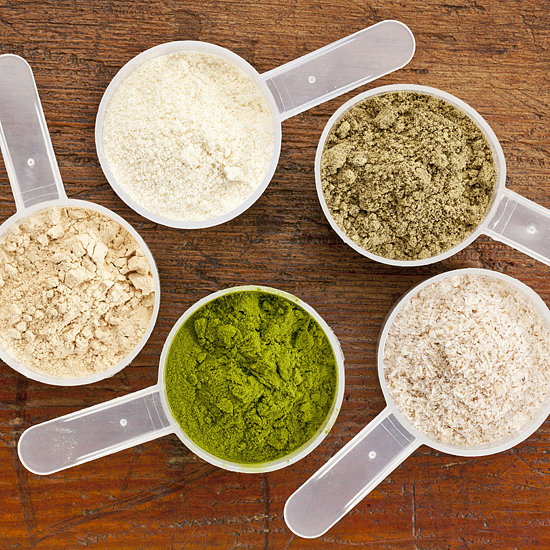
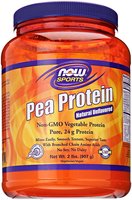
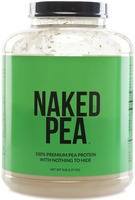
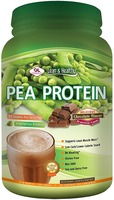
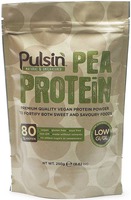
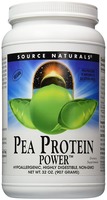
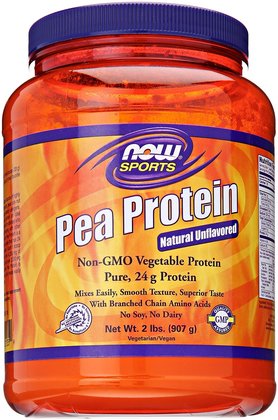
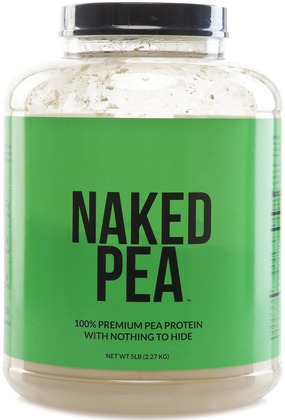
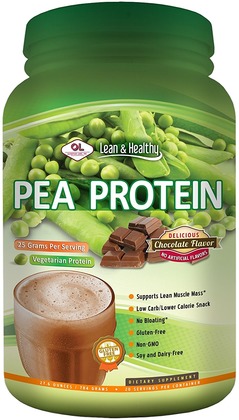
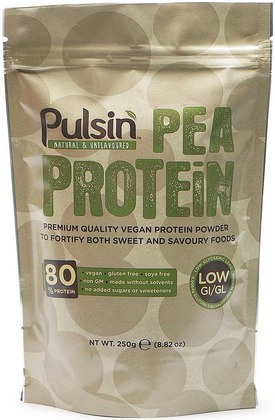
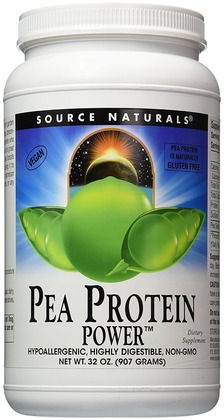
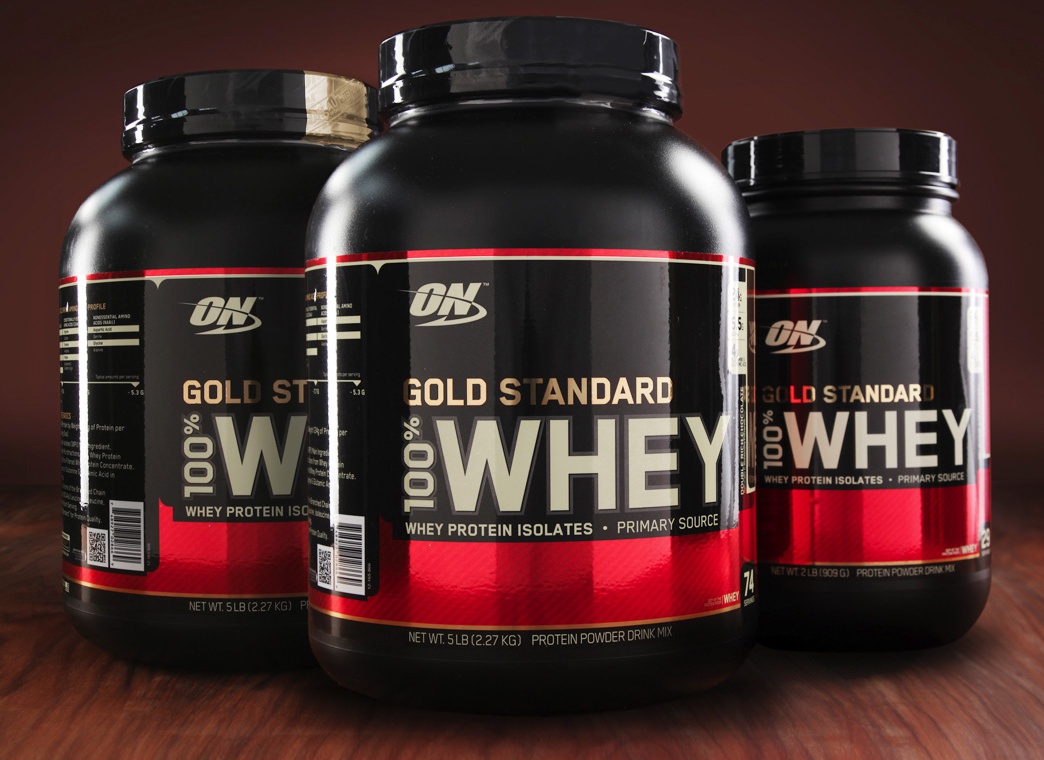
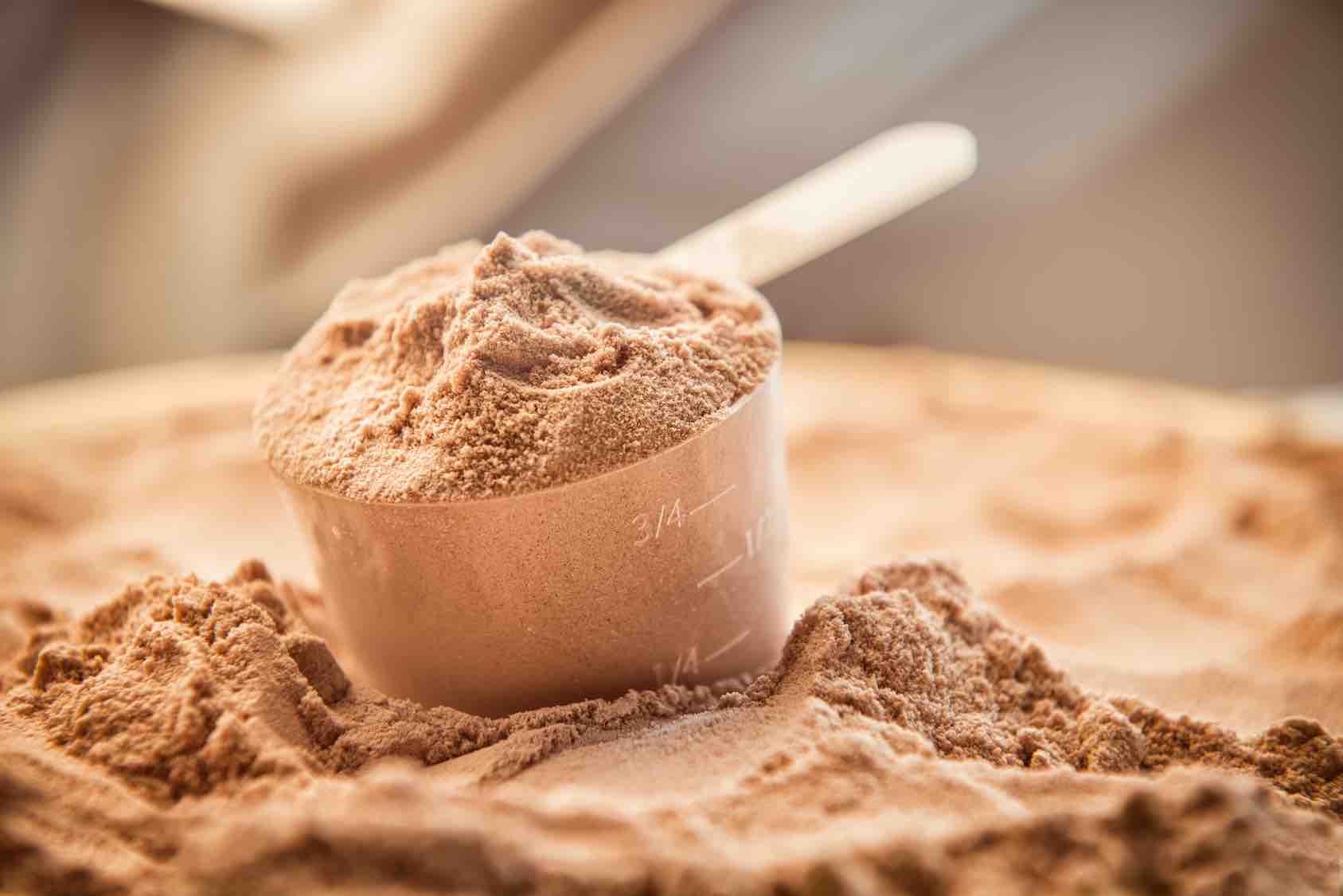
Many pea proteins are a complete protein so this part isn’t true.
Hi Alice,
I don’t mean to challenge you, but can you verify a source that supports your comment? To my knowledge, peas do not contain all 9 essential acids, which is why they are considered an “incomplete” protein. Check out the article from BuiltLean below for a full explanation of complete proteins vs incomplete:
http://www.builtlean.com/2012/10/03/complete-vs-incomplete-protein-sources/
In the above article, peas would fall into the ‘Nuts & seeds’ category.
Please let me know your thoughts!
Cole